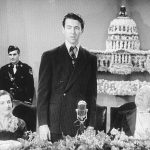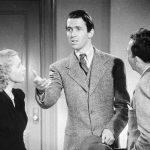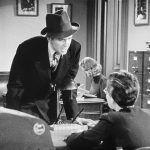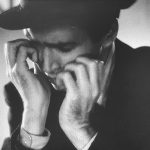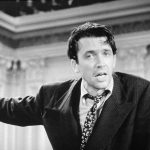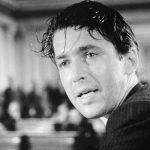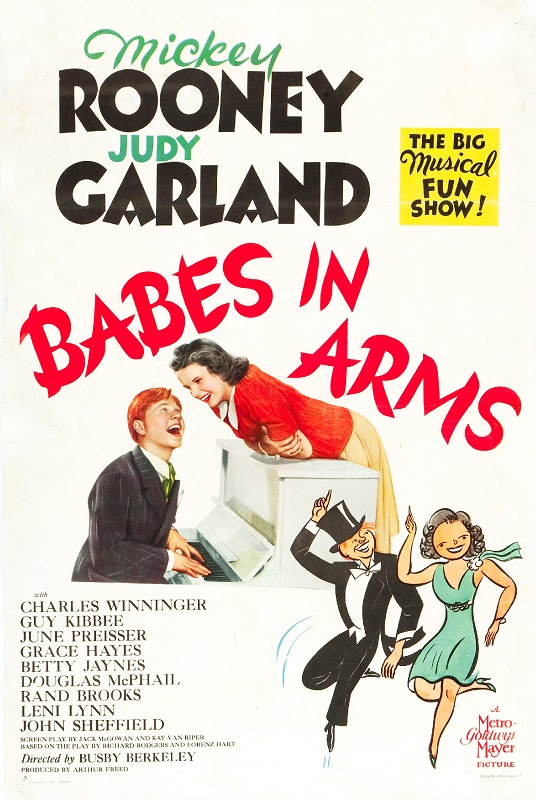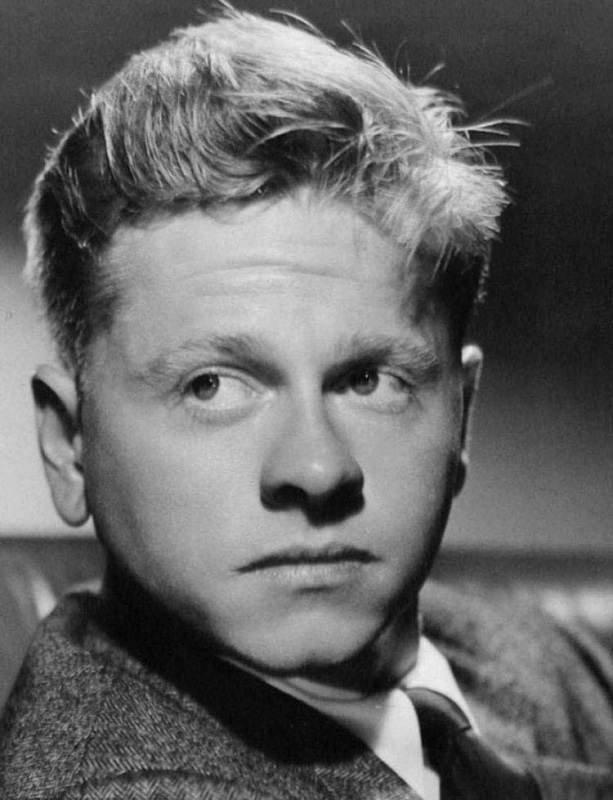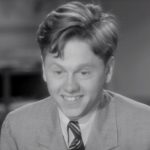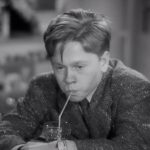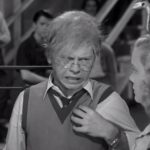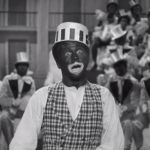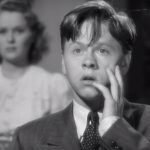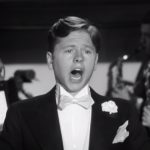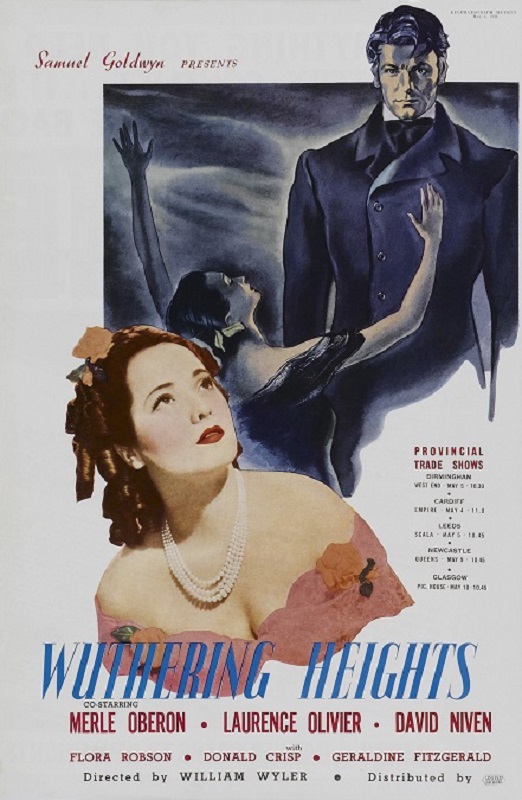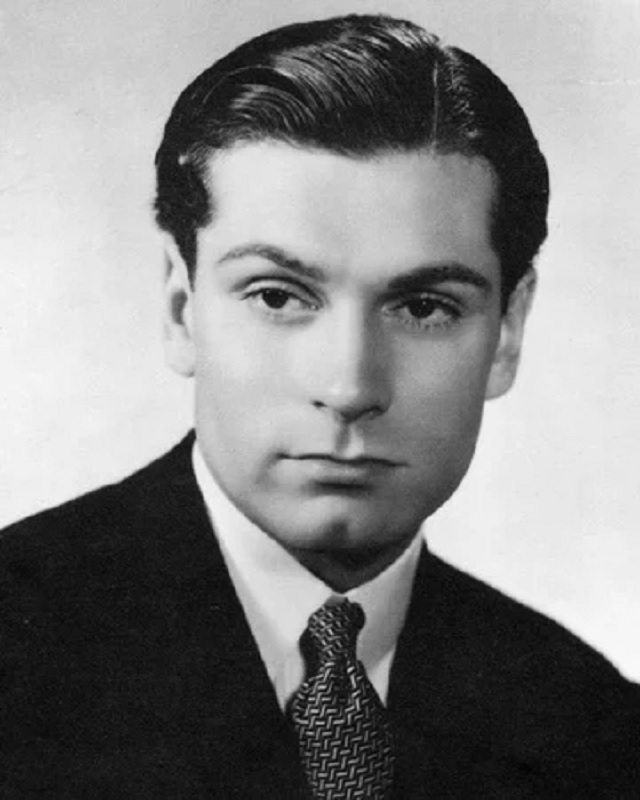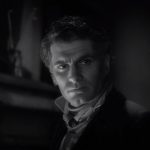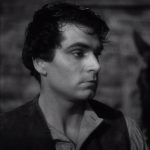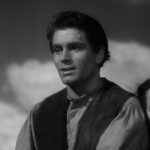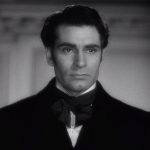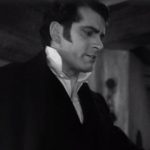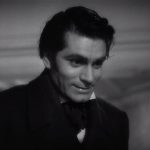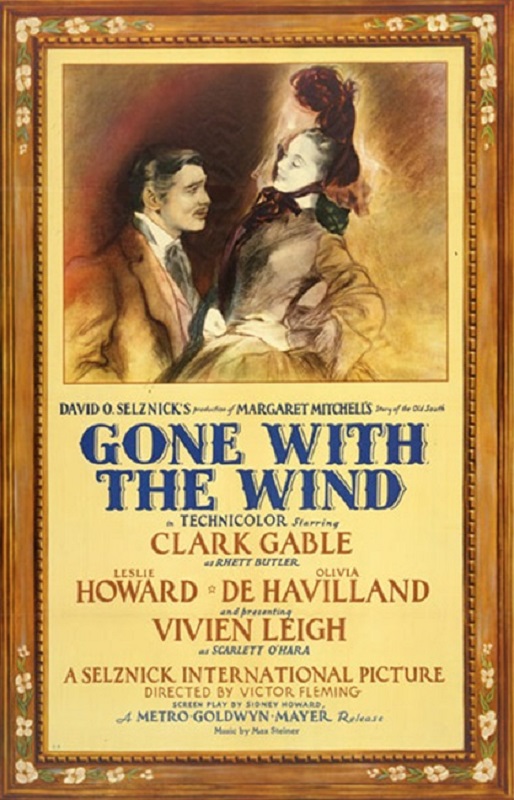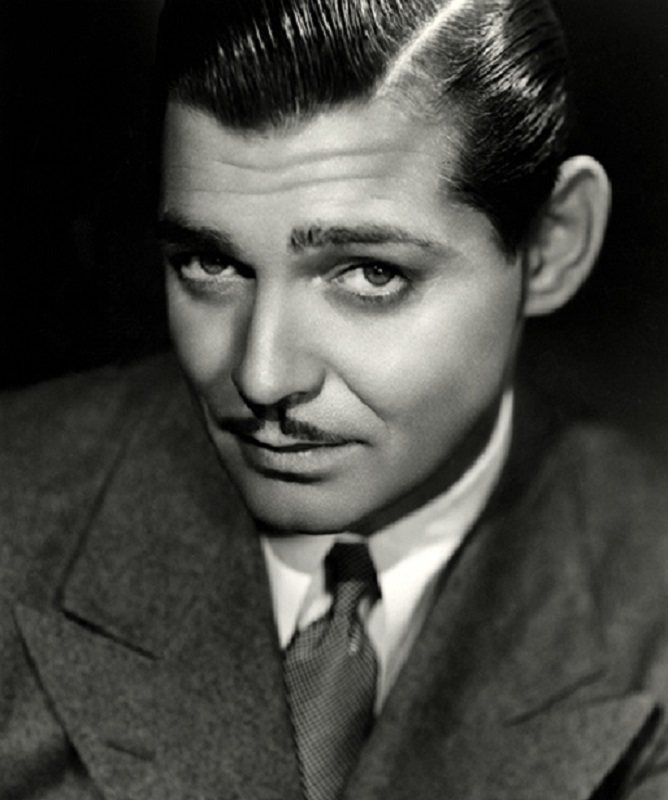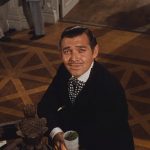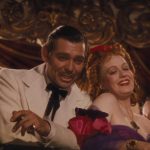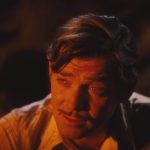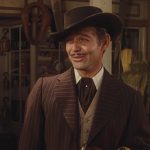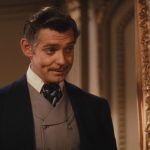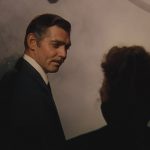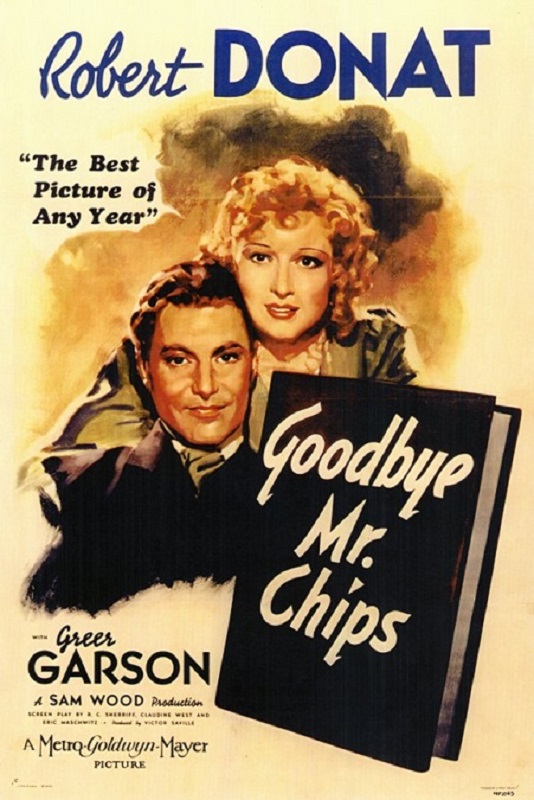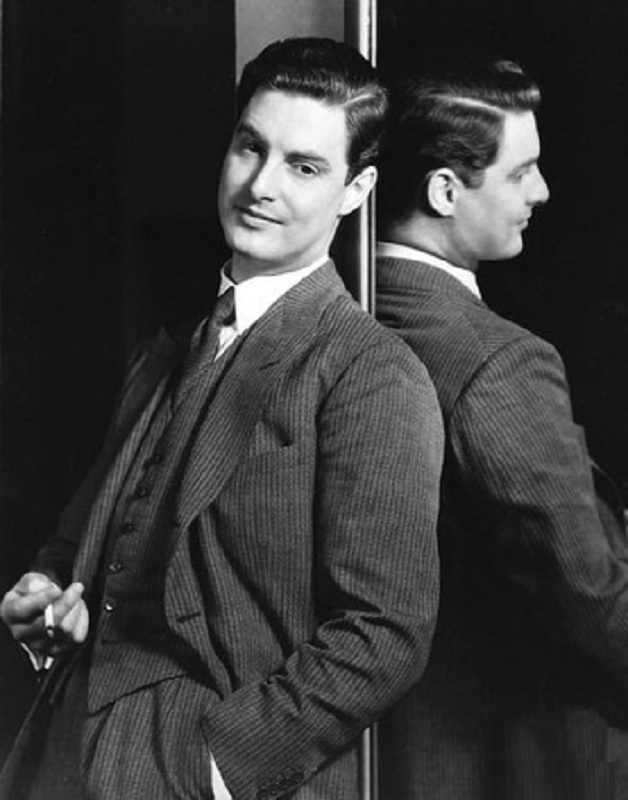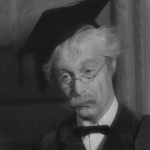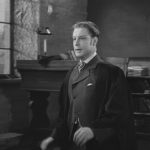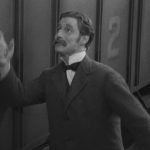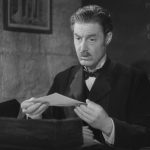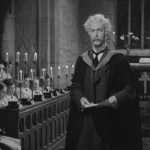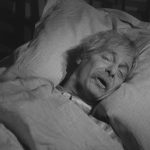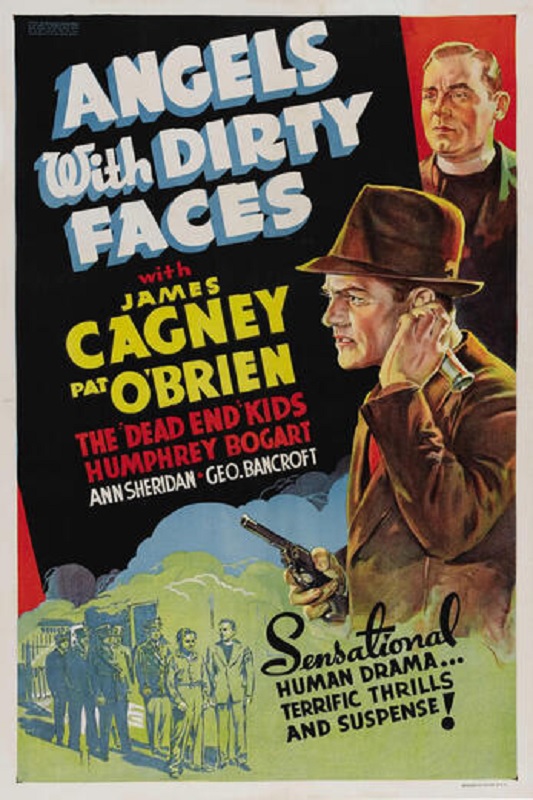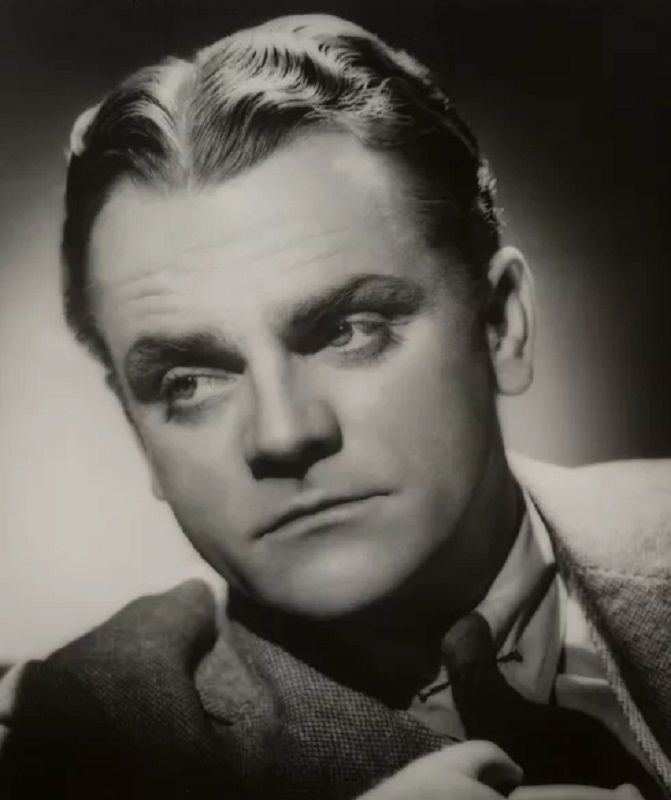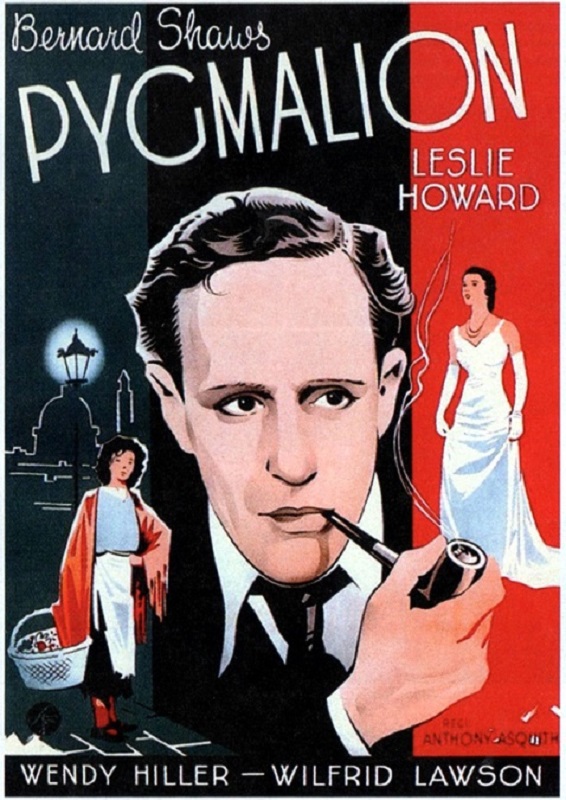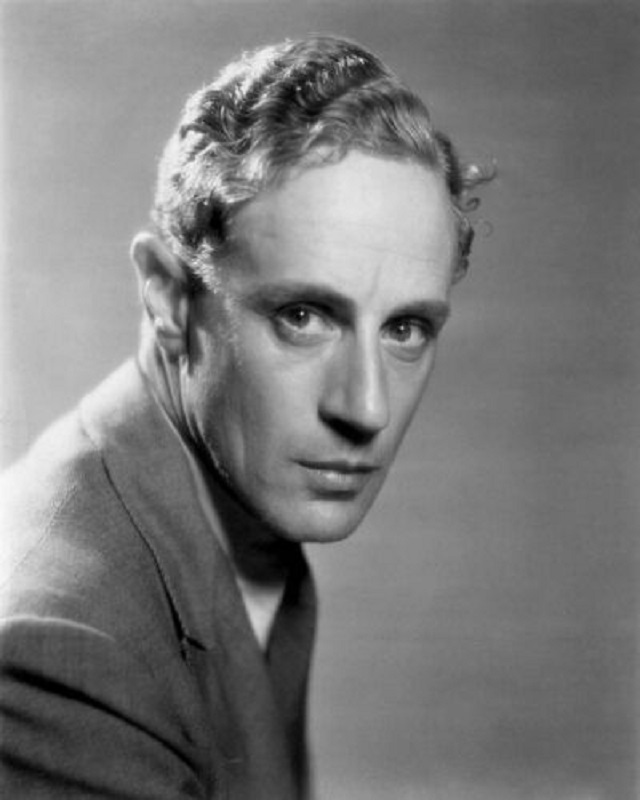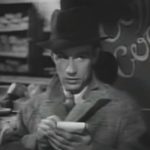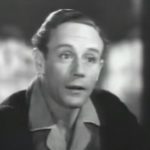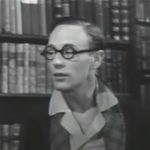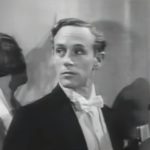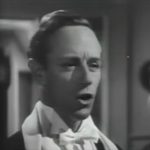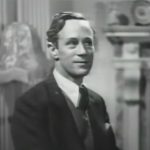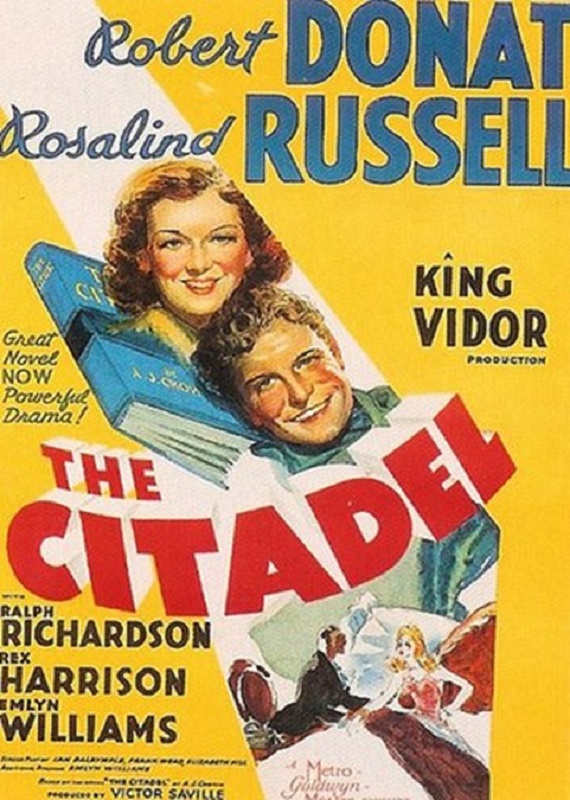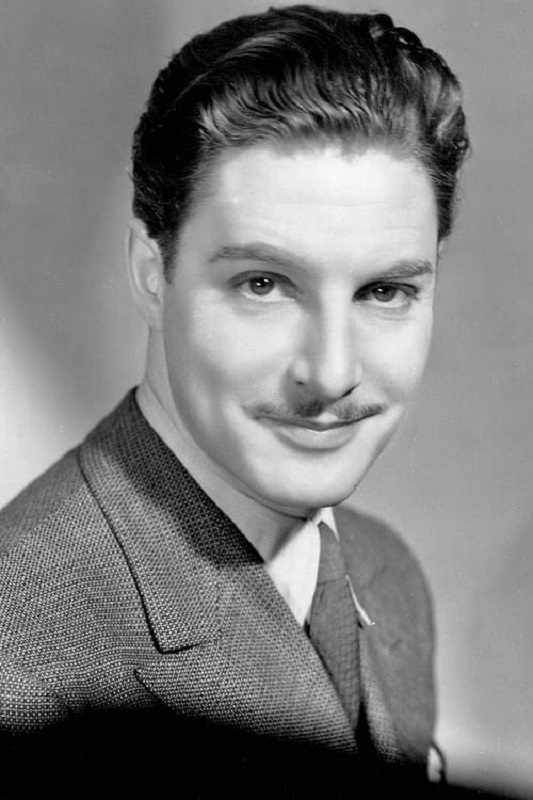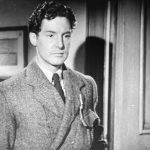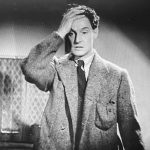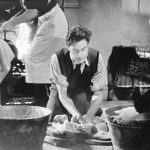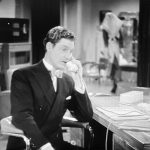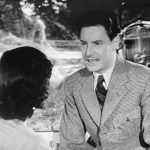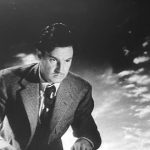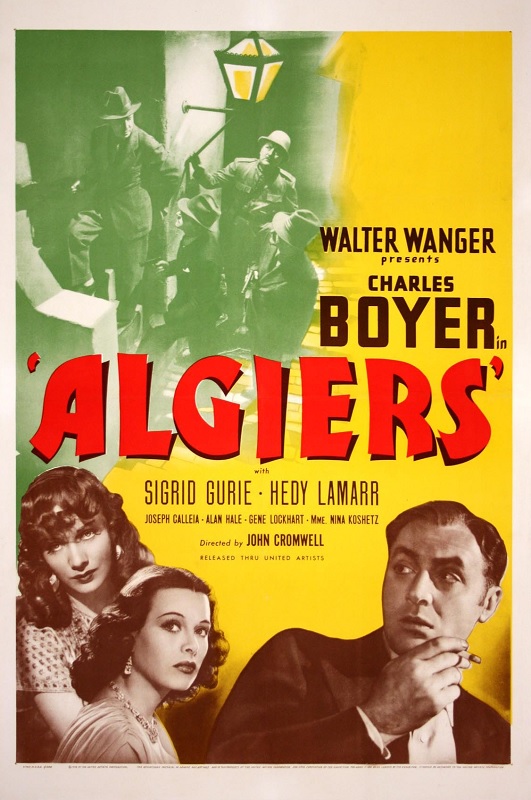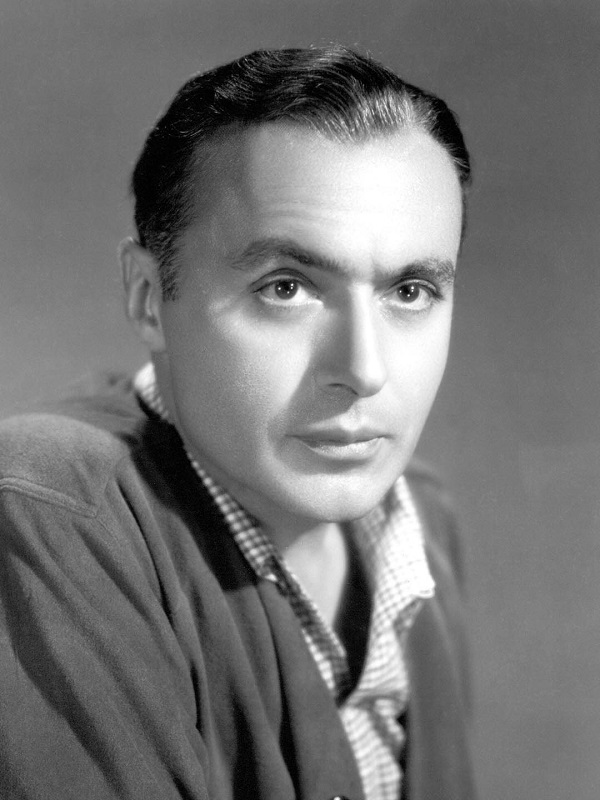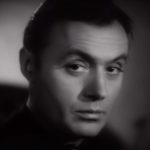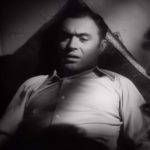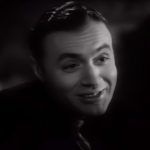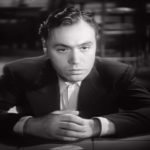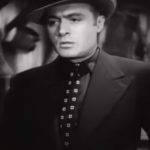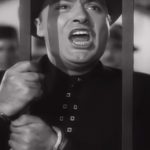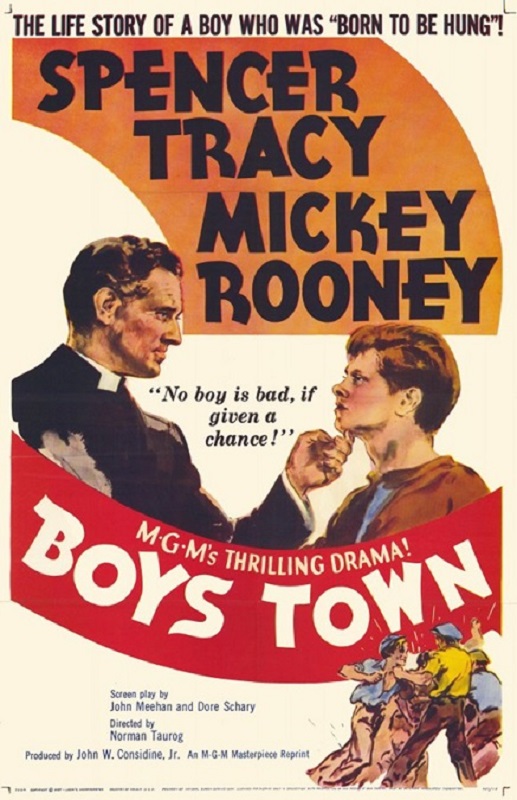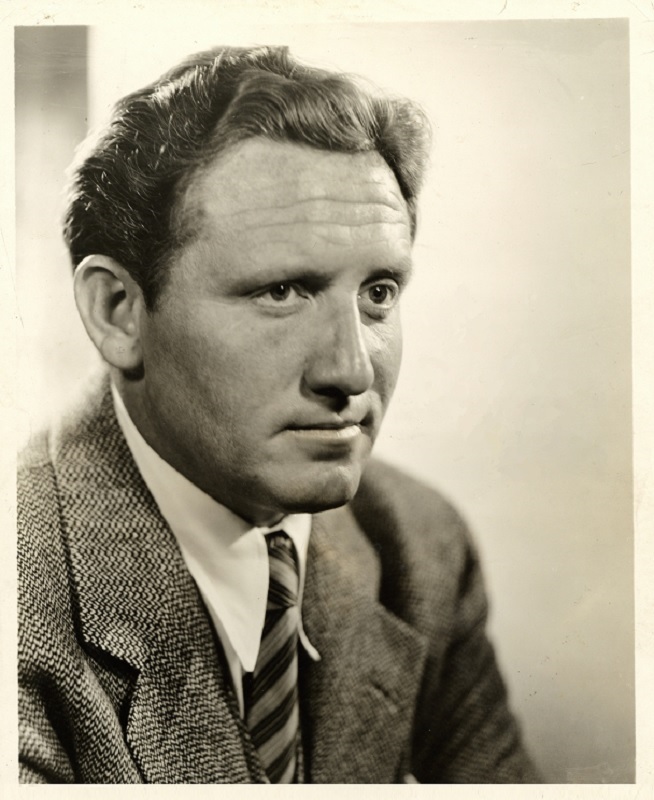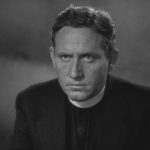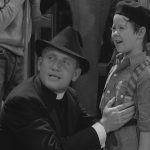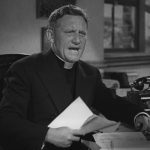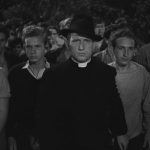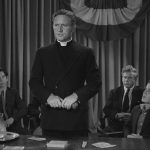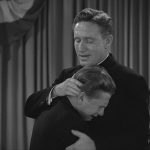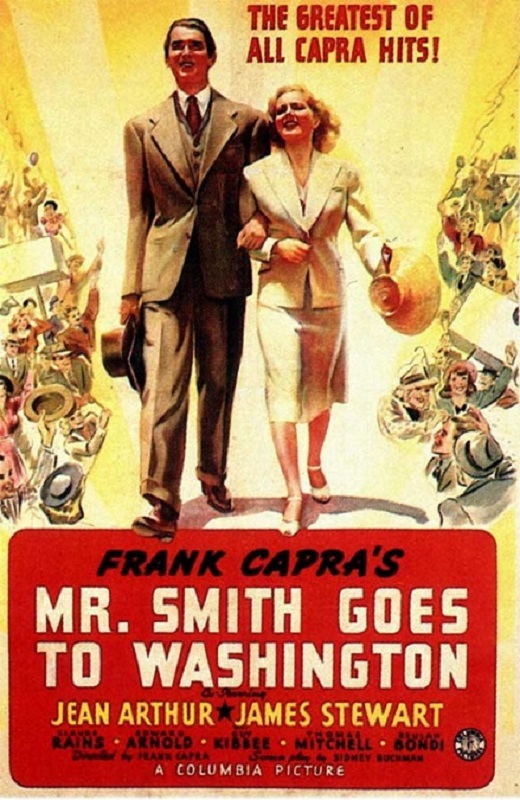
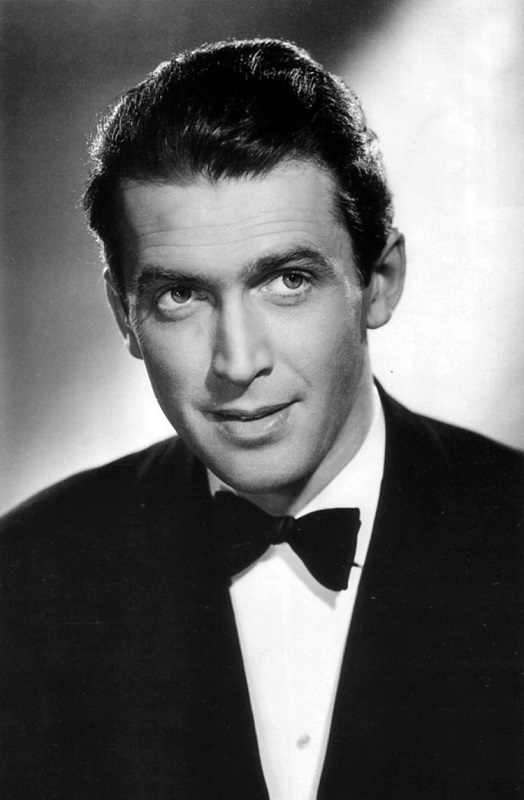

1939 – James Stewart
Mr. Smith Goes to Washington
OK, I can understand why this was such a popular movie, especially considering when it was made. It was only a few years before the start of WWII, and it was a movie that was designed to inspire patriotism and good old fashioned American values, as if America was the only place in the world where there were good and wholesome people. Just look at how our presidents of old like Lincoln, Jefferson, and Washington were so prominently displayed. Just don’t look too hard…
And James Stewart could so easily be seen as the embodiment of that idealistic small town goodness that ends up saving the day. He plays the title character of Mr. Smith, someone whose wholesome naiveté, whose stalwart belief in the rightness and purity of his own convictions, and whose unwavering determination to always do what’s right in the face of evil, teaches others to abandon their nefarious ways to become honest and repentant. Doesn’t Stewart just have that kind of face? But on top of that, he could actually act.
In the beginning of the movie he played someone who was unrealistic. I’m sorry but when I see a grown man using the phrase “gee whiz“ I need to roll my eyes, just a bit. But the sinful city of Washington DC soon leaves its mark on him and he begins to see the world more clearly. Obviously, Stewart could pull off the naïve small town boy. But the more calloused righteous crusader allowed him to show more strength, determination, and conviction than he could at the beginning. He got to portray physical toughness, mental stamina, and the sheer exhaustion of both. It was in those climactic scenes where Stewart really got to show the audiences his strong skills as an actor.
The filibuster scene was so well done, and I suspect that it’s what earned Stewart his nomination. The sweat on his face, the hoarseness of his voice, and his unstable movements really drove home the illusion that he had been on his feet and talking without ceasing for nearly twenty-four hours. It is what made the rest of the heavy-handed patriotism of the film worth wading through. And I guess that after watching that sequence, I don’t begrudge Stewart his Best Actor nomination.
